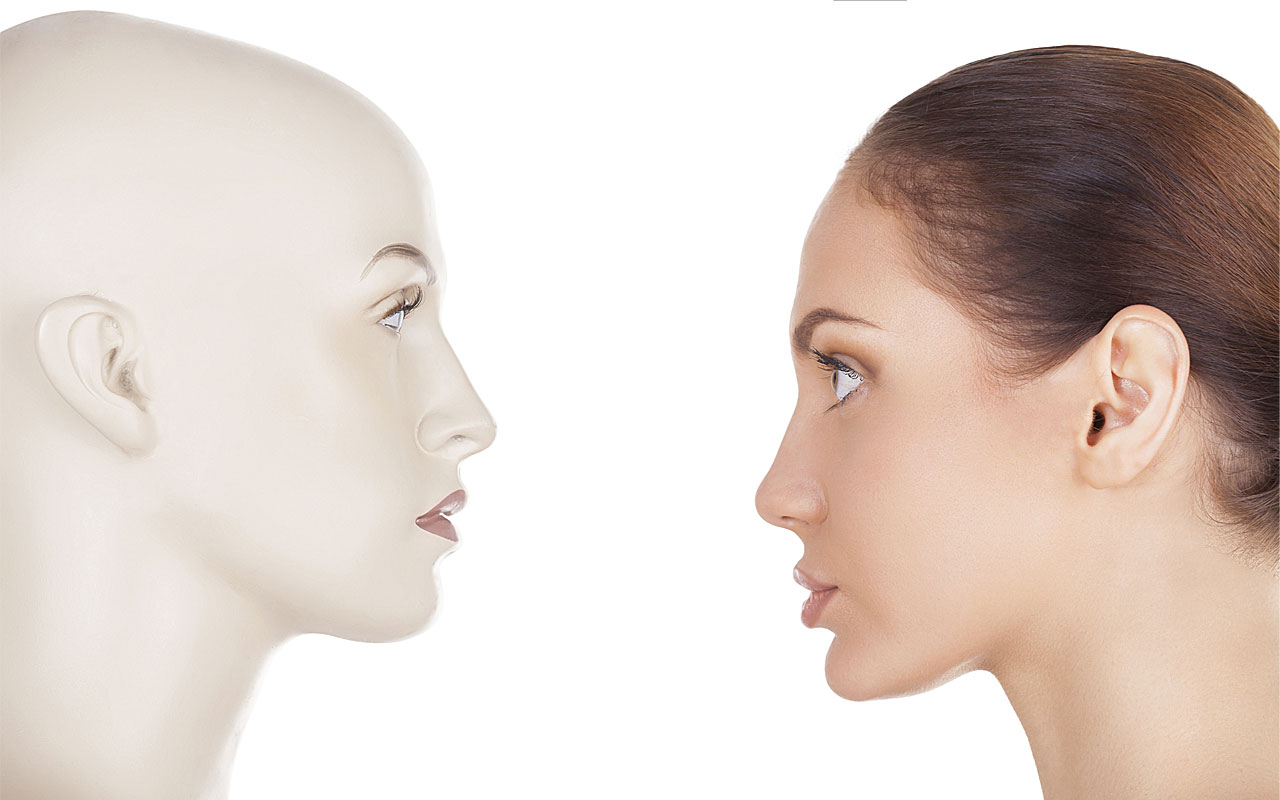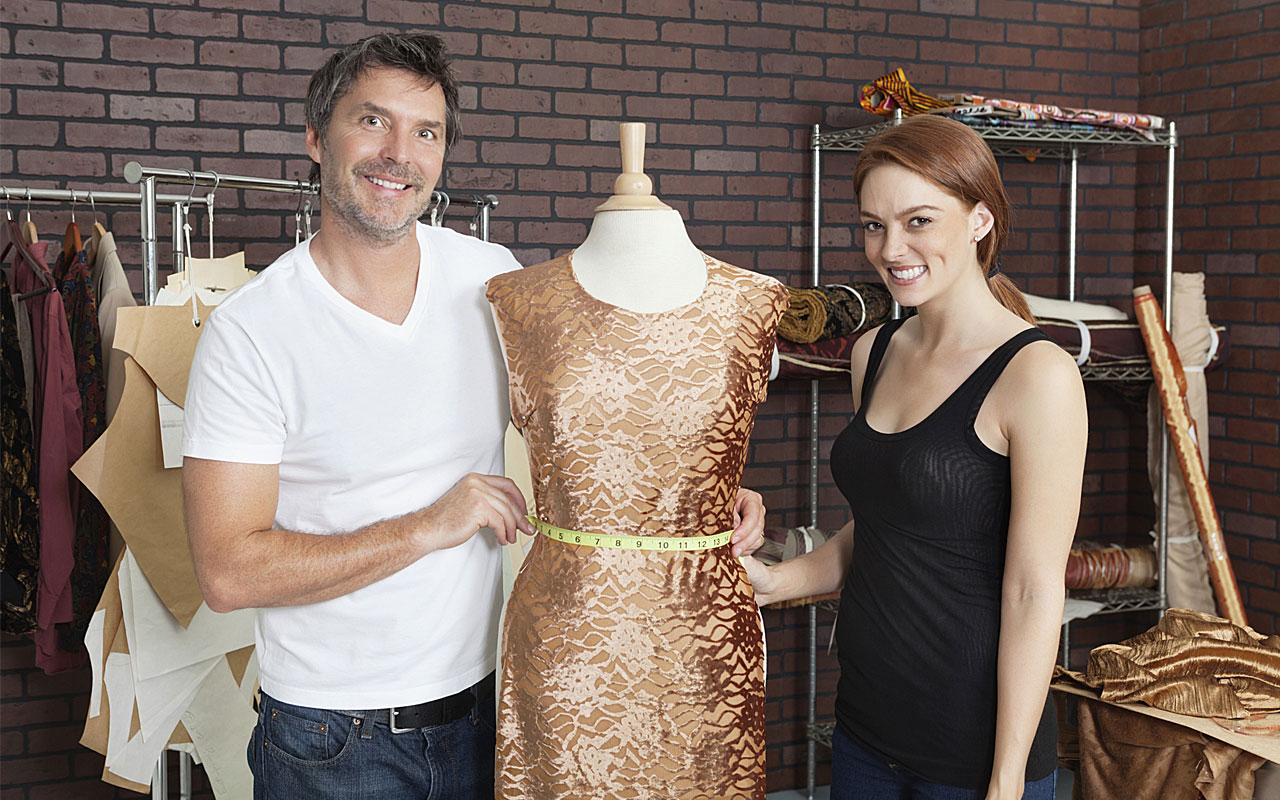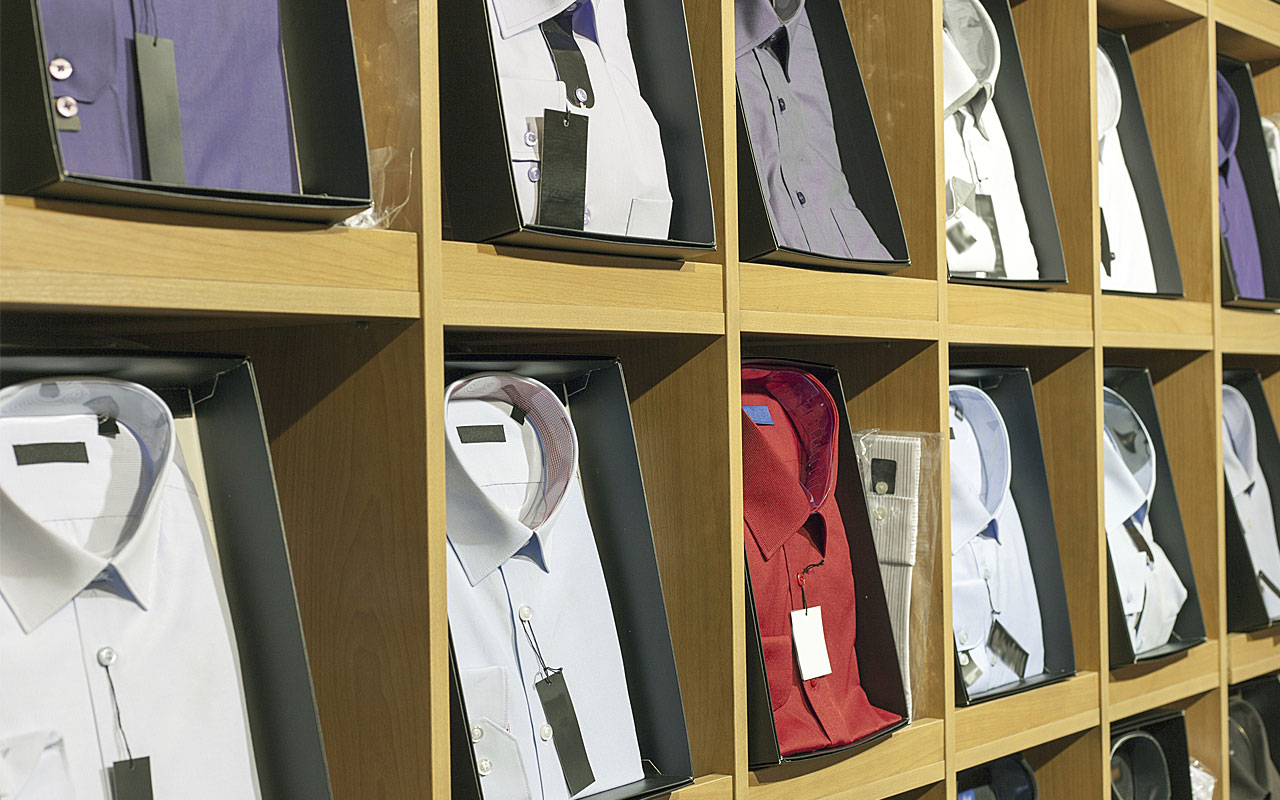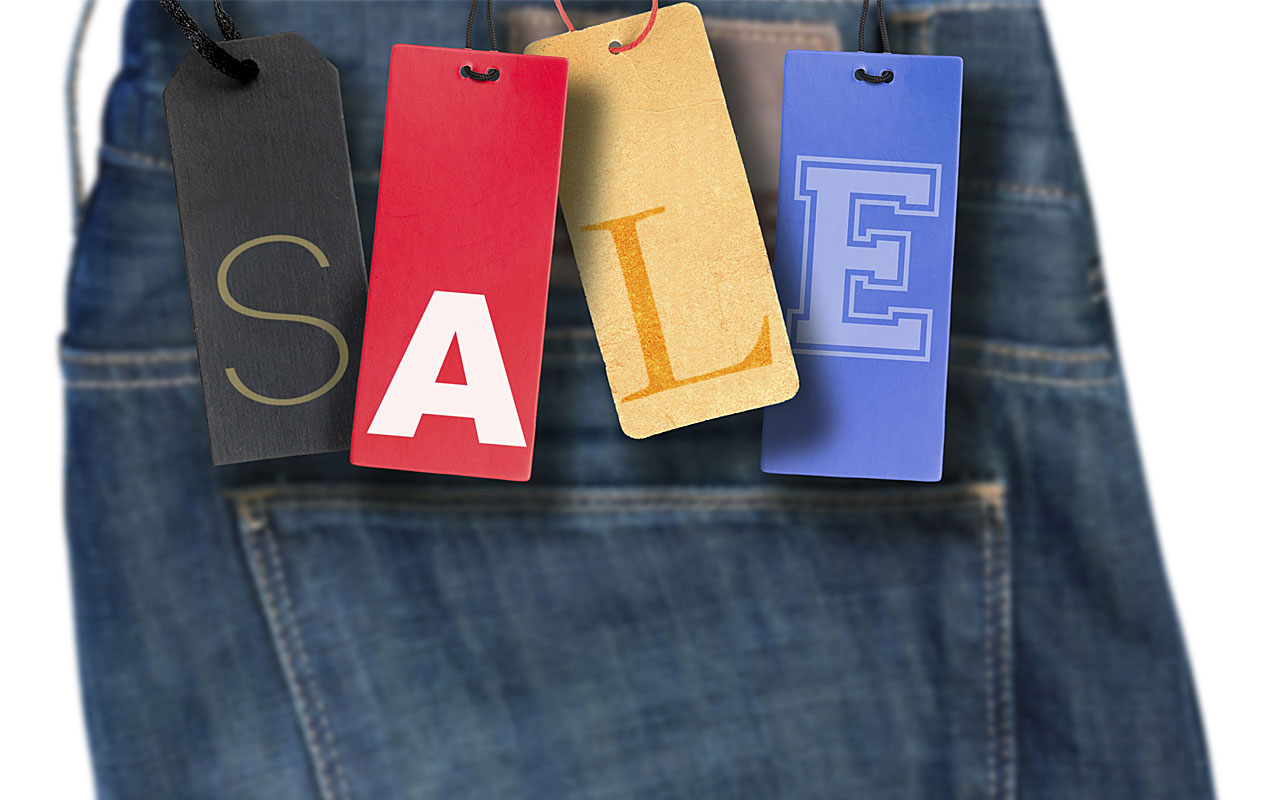Mannequin Eye Contact and 7 Other Ways Retailers Get Us to Spend More


Profit and prosper with the best of Kiplinger's advice on investing, taxes, retirement, personal finance and much more. Delivered daily. Enter your email in the box and click Sign Me Up.
You are now subscribed
Your newsletter sign-up was successful
Want to add more newsletters?

Delivered daily
Kiplinger Today
Profit and prosper with the best of Kiplinger's advice on investing, taxes, retirement, personal finance and much more delivered daily. Smart money moves start here.

Sent five days a week
Kiplinger A Step Ahead
Get practical help to make better financial decisions in your everyday life, from spending to savings on top deals.

Delivered daily
Kiplinger Closing Bell
Get today's biggest financial and investing headlines delivered to your inbox every day the U.S. stock market is open.

Sent twice a week
Kiplinger Adviser Intel
Financial pros across the country share best practices and fresh tactics to preserve and grow your wealth.

Delivered weekly
Kiplinger Tax Tips
Trim your federal and state tax bills with practical tax-planning and tax-cutting strategies.

Sent twice a week
Kiplinger Retirement Tips
Your twice-a-week guide to planning and enjoying a financially secure and richly rewarding retirement

Sent bimonthly.
Kiplinger Adviser Angle
Insights for advisers, wealth managers and other financial professionals.

Sent twice a week
Kiplinger Investing Weekly
Your twice-a-week roundup of promising stocks, funds, companies and industries you should consider, ones you should avoid, and why.

Sent weekly for six weeks
Kiplinger Invest for Retirement
Your step-by-step six-part series on how to invest for retirement, from devising a successful strategy to exactly which investments to choose.
When it comes to shopping, your subconscious mind makes the decision to buy several seconds before your conscious mind is aware of it.
Neuromarketers attempt to peer inside our heads to find out what drives a purchase decision. Tools of the trade include eye-tracking technology, electroencephalograms to measure electrical activity in the brain, and functional magnetic resonance imaging, tracking blood flow in the brain to detect areas of activity. But much of the science merely confirms what marketers, advertisers and retailers have known forever: Buyers aren't convinced; they're wooed. "You're entering a zone of seduction as soon as you enter the department store, and the only purpose is to get you to buy more," says branding guru Martin Lindstrom.
Some tips to help you resist temptation and protect your budget: When you shop, clear your schedule and bring a list. Shop alone. Wait before you buy, whether you take a half-hour break or you go home to sleep on a major purchase decision. And be aware of these stealthy triggers that retailers use to lure you into spending.


Flooring
What you walk on has a lot to do with how you navigate through a store. "There's a secret code on the floor," says Lindstrom. You might enter the store on a sea of white tile; that's to keep customers moving along a pathway without impeding traffic. As soon as you go left or right of the pathway, the flooring might change to carpet. And if the carpet is thicker than normal, you'll slow down, if not completely stop. The longer you linger, the more you're likely to buy.

Sweet Scents
Retailers know that your sense of smell is a powerful subconscious motivator. It can trigger cravings, memories or associations that make us linger in a store and influence us to buy. According to the Scent Marketing Institute, we're likely to browse longer in stores with floral or citrus scents, to feel secure and nostalgic when we smell talcum powder, and to feel relaxed when the scent of lavender or vanilla is wafting.
Each piece of department store clothing is tried on an average of nine times, says Lindstrom. So a fresh lemon or grassy scent in the dressing room is meant to distract you from the effects of all who came before you.

Familiar Music
The music you hear, if you're the target customer, will be newer versions of what was popular when you were 18. You'll recall the feeling of the good old days without feeling stuck in the past. Music playing at a slower tempo slows people down. Both strategies aim to keep you in the store longer, boosting the likelihood of an impulse buy.


Encouraging Sizes
The clothing may be "vanisized"—manufactured larger than the size on the tag or than the same size in a competing brand. This trick is a favorite for selling jeans. You fit into a size smaller than you'd normally wear (or the size you used to wear but can no longer), and suddenly you feel as if you're younger and have lost weight.


Profit and prosper with the best of Kiplinger's advice on investing, taxes, retirement, personal finance and much more. Delivered daily. Enter your email in the box and click Sign Me Up.

Anne Kates Smith brings Wall Street to Main Street, with decades of experience covering investments and personal finance for real people trying to navigate fast-changing markets, preserve financial security or plan for the future. She oversees the magazine's investing coverage, authors Kiplinger’s biannual stock-market outlooks and writes the "Your Mind and Your Money" column, a take on behavioral finance and how investors can get out of their own way. Smith began her journalism career as a writer and columnist for USA Today. Prior to joining Kiplinger, she was a senior editor at U.S. News & World Report and a contributing columnist for TheStreet. Smith is a graduate of St. John's College in Annapolis, Md., the third-oldest college in America.
-
 Over 65? Here's What the New $6K 'Senior Deduction' Means for Medicare IRMAA Costs
Over 65? Here's What the New $6K 'Senior Deduction' Means for Medicare IRMAA CostsTax Breaks A new deduction for people over age 65 has some thinking about Medicare premiums and MAGI strategy.
-
 U.S. Congress to End Emergency Tax Bill Over $6,000 Senior Deduction and Tip, Overtime Tax Breaks in D.C.
U.S. Congress to End Emergency Tax Bill Over $6,000 Senior Deduction and Tip, Overtime Tax Breaks in D.C.Tax Law Here's how taxpayers can amend their already-filed income tax returns amid a potentially looming legal battle on Capitol Hill.
-
 5 Investing Rules You Can Steal From Millennials
5 Investing Rules You Can Steal From MillennialsMillennials are reshaping the investing landscape. See how the tech-savvy generation is approaching capital markets – and the strategies you can take from them.
-
 What to Do With Your Tax Refund: 6 Ways to Bring Growth
What to Do With Your Tax Refund: 6 Ways to Bring GrowthUse your 2024 tax refund to boost short-term or long-term financial goals by putting it in one of these six places.
-
 What Does Medicare Not Cover? Eight Things You Should Know
What Does Medicare Not Cover? Eight Things You Should KnowMedicare Part A and Part B leave gaps in your healthcare coverage. But Medicare Advantage has problems, too.
-
 15 Reasons You'll Regret an RV in Retirement
15 Reasons You'll Regret an RV in RetirementMaking Your Money Last Here's why you might regret an RV in retirement. RV-savvy retirees talk about the downsides of spending retirement in a motorhome, travel trailer, fifth wheel, or other recreational vehicle.
-
 The Six Best Places to Retire in New England
The Six Best Places to Retire in New Englandplaces to live Thinking about a move to New England for retirement? Here are the best places to land for quality of life, affordability and other criteria.
-
 The 10 Cheapest Countries to Visit
The 10 Cheapest Countries to VisitWe find the 10 cheapest countries to visit around the world. Forget inflation and set your sights on your next vacation.
-
 15 Ways to Prepare Your Home for Winter
15 Ways to Prepare Your Home for Winterhome There are many ways to prepare your home for winter, which will help keep you safe and warm and save on housing and utility costs.
-
 Six Steps to Get Lower Car Insurance Rates
Six Steps to Get Lower Car Insurance Ratesinsurance Shopping around for auto insurance may not be your idea of fun, but comparing prices for a new policy every few years — or even more often — can pay off big.
-
 How to Increase Credit Scores — Fast
How to Increase Credit Scores — FastHow to increase credit scores quickly, starting with paying down your credit card debt.
